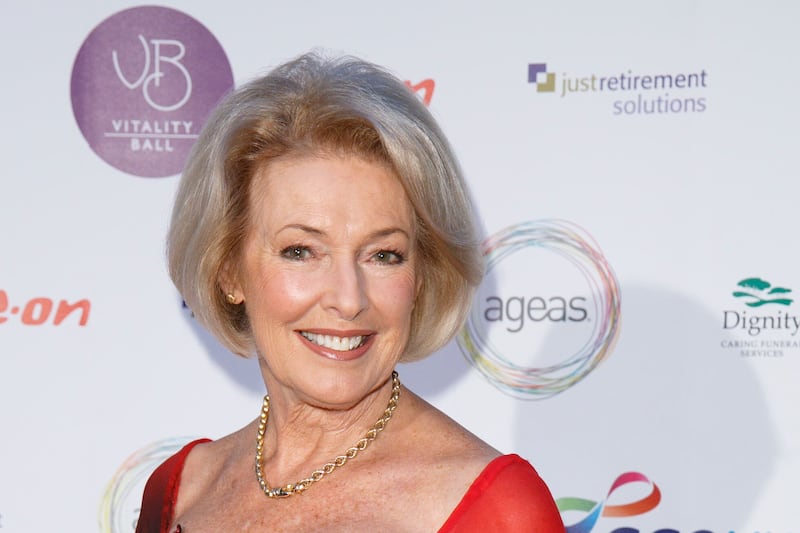Both medics and fitness experts like Diana Moran, ‘The Green Goddess’ of 80s breakfast TV, agree that much of ageing well is down to looking after yourself, keeping active, eating healthily and staying socially connected.
At 81, super-fit granny Moran, who still does a daily fitness routine, has just brought out another exercise DVD, called Keep Fit And Carry On, to get older people moving.
Here, she and Tahir Masud, a professor of geriatric medicine and president of the British Geriatrics Society (bgs.org.uk), outline ways for older people to keep fit and healthy…
1. Keep active:
Masud says older people should aim for 150 minutes of moderate-intensity physical exercise per week, like walking, jogging or cycling, with a particular emphasis on maintaining strength and balance.
Moran’s Keep Fit And Carry On DVD (getready4anyage.com) is designed to get older people moving gently. “I’m very, very aware of how exercise – moderate, I’m not talking about going to the gym and pumping iron and all that business – is important to maintain your good health,” she says.
“When you do any form of exercise, there are four immediate benefits,” Moran explains. “The first one is strength – if you’re getting up off a chair, you’re using your quadriceps muscles, you’re keeping your legs strong. If you’re lifting a can, you’re keeping your arms strong.
“The next is that physical activity and lifting things keeps you supple, and if you’re getting up and moving, you’re improving your stamina and your cardiovascular system. If you get it right and eat a reasonably good, mixed healthy diet, then chances are you’re going to keep in shape.”
2. Minimise sedentary time:
If managing proper exercise is too much, Masud says people should at least try to get up a bit more frequently if possible. “You shouldn’t just sit in front of the TV without getting up regularly,” he says. “If you’re watching a programme for an hour, you should get up a few times, even if it’s to make a cup of tea.”
3. Avoid ‘bad’ things:
“Older people need to reduce smoking and excessive alcohol,” says Masud. “There’s lots of evidence that if you want to stay healthy as you get older, you’ve got to cut back on those particular things.”
4. Good nutrition:
The NHS Eat Well Guide (nhs.uk/live-well/eat-well/the-eatwell-guide) gives a good outline of what your diet should look like as you get older. “The important things are to cut back on carbohydrates and sugar, but what’s stressed is that an adequate amount of protein, for example eggs, meat, fish, and pulses, is really important,” Masud says. “If you don’t have enough protein, you’ve got an increased chance of becoming frail, which causes problems such as falls and other issues.” Also, eat five portions of different fruit and vegetables a day, and plenty of fibre.
5. Stay connected:
“As you get older, if you get socially isolated and lonely, it can increase the risk of heart disease, depression and dementia,” says Masud.
Although the brain isn’t technically a muscle, it still needs ‘exercising’ like one. “If you don’t use it, you’ll lose it; you start developing cognitive impairment and losing your memory.”
6. Get your jabs:
Older people should have the flu vaccination every year plus any other important jabs, like those for shingles and pneumonia.
7. Strengthen your bones:
"I know how important it is to do weight-bearing exercises,” says Moran, who also works with the Royal Osteoporosis Society (theros.org.uk). These can include things as simple as “walking, gardening, putting weight on your spine, hips and legs and lifting up, lifting your grandchildren”.







